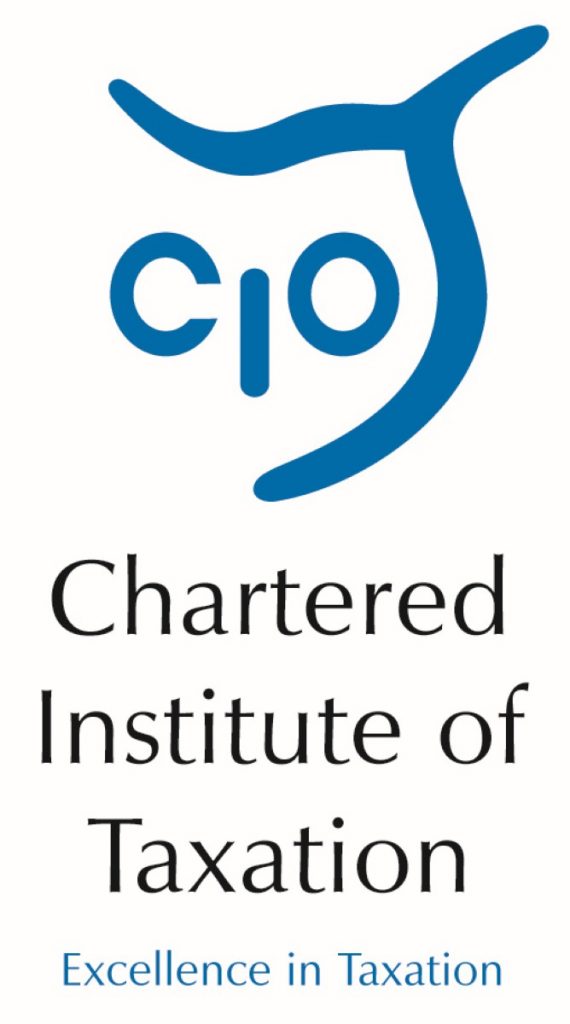The body representing Scotland’s tax professionals has today (8 March) welcomed the announcement by the Chancellor of the Exchequer in the UK Budget to delay the implementation of digital record keeping for businesses trading below the VAT registration threshold.
The Chartered Institute of Taxation (CIOT) said that the decision to delay the introduction of Making Tax Digital (MTD) for small businesses by one year to April 2019 would provide small businesses in Scotland with more time with which to familiarise themselves with the requirements of the scheme and ease the transition to compulsory quarterly online reporting.
Commenting on the announcement, Moira Kelly, chair of the CIOT Scotland Technical Committee said:
"There has been considerable disquiet over the UK Government’s timetable for the implementation of Making Tax Digital so the Chancellor’s decision to defer its introduction for the smallest businesses represents an acknowledgement of the concerns felt by many businesses and organisations across the country.
"For businesses in Scotland, this will be a very welcome boost, providing them with more time with which to familiarise themselves with the requirements of MTD and ensuring that they have more time with which to obtain the appropriate software and advice with which to manage the transition.
"Not withstanding this very welcome boost, there will be many businesses in Scotland who are likely to be hampered in their efforts to move to digital record keeping, regardless of their size, by the lack of appropriate digital infrastructure, such as superfast broadband.
"It will be important for HMRC to step-up its efforts to engage with all of those who are affected by the move to digital record keeping – businesses, agents, professional bodies and software companies – to ensure that a collaborative approach delivers in the interests of all and ensures the success of the MTD project."
ENDS
Notes for editors
1. The Chartered Institute of Taxation (CIOT)
The CIOT is the leading professional body in the United Kingdom concerned solely with taxation. The CIOT is an educational charity, promoting education and study of the administration and practice of taxation. One of our key aims is to work for a better, more efficient, tax system for all affected by it – taxpayers, their advisers and the authorities. The CIOT’s work covers all aspects of taxation, including direct and indirect taxes and duties. Through our Low Incomes Tax Reform Group (LITRG), the CIOT has a particular focus on improving the tax system, including tax credits and benefits, for the unrepresented taxpayer.
The CIOT draws on our members’ experience in private practice, commerce and industry, government and academia to improve tax administration and propose and explain how tax policy objectives can most effectively be achieved. We also link to, and draw on, similar leading professional tax bodies in other countries. The CIOT’s comments and recommendations on tax issues are made in line with our charitable objectives: we are politically neutral in our work.
The CIOT’s 18,000 members have the practising title of ‘Chartered Tax Adviser’ and the designatory letters ‘CTA’, to represent the leading tax qualification.
Contact: Chris Young, External Relations Officer, 07900 241 584; cyoung@ciot.org.uk





-01.png)